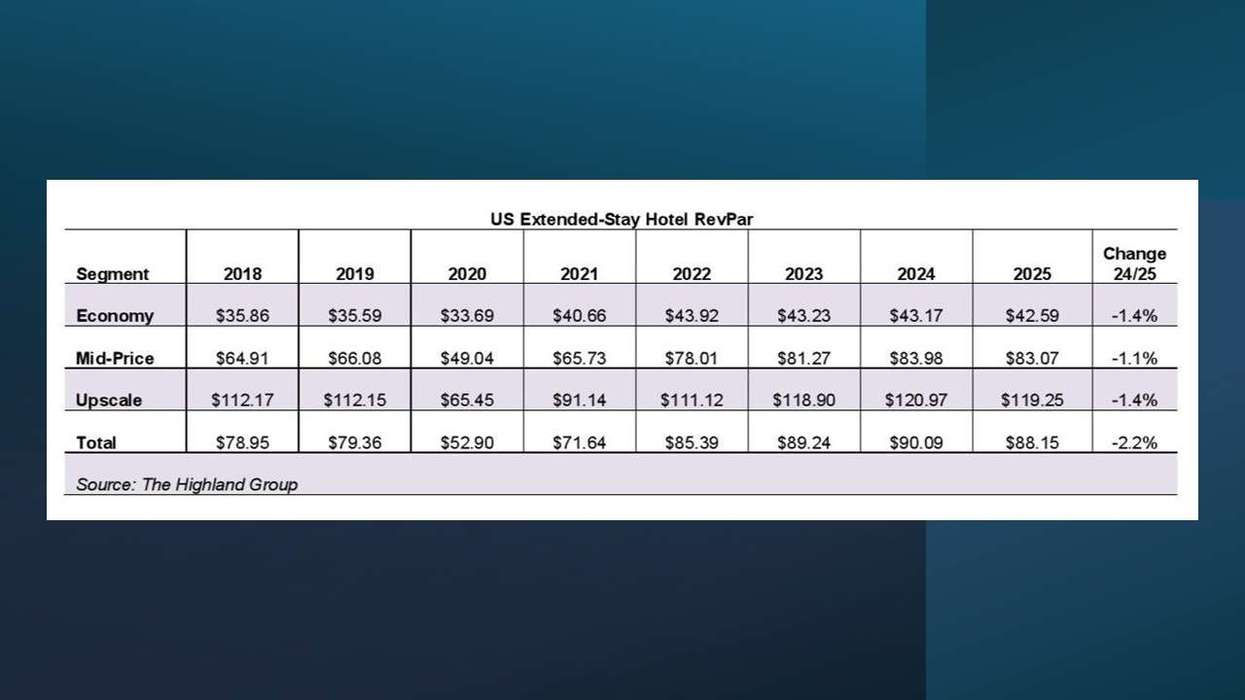BANYAN INVESTMENT GROUP recently acquired the Castle Hotel, part of the Autograph Collection by Marriott, in Orlando, Florida. The hotel recently underwent an $8.2 million renovation on its guestrooms, public spaces and exterior.
The 213-room hotel is on Universal Boulevard near the city’s key attractions, Disney’s Magic Kingdom and Universal Studios, according to Atlanta-based Banyan, led by Rakesh Chauhan, managing partner and CEO. Also nearby is the site of Epic Universe, a 750-acre, $1 billion theme park expected to open in 2025, which will be the largest Universal Park in the U.S. and second largest globally.
The Castle Hotel, which is designed to look like a medieval fortress, also is close to the 270-acre Lockheed Martin regional headquarters that employs 8,000 people. Also nearby are the Orlando International Airport, including the recently opened $2.8 billion, 15-gate international Terminal C, as well as the Orlando Convention Center. Brightline High Speed Rail plans to open two stations in the area.
“Orlando, with its multitude of theme parks, golf resorts, outside adventures and fine dining options, continues to be the number one destination for leisure travel and conventions in the country,” said Samir Yajnik, principal and executive vice president of investments, Banyan Investment Group. “We are bullish on the Orlando MSA, particularly the I-Drive submarket. The Castle Hotel is the only four-star Marriott product within walking distance of the convention center. It is ideally suited for upscale visitors looking to stay with one of the most trusted hotel companies in the world. With the increased traffic to the convention center, airport and area attractions, as well as the expected opening of Epic Universe by Universal, the collective, positive impact on the hotel will be substantial, allowing the hotel to quickly take its place as the rightful market and segment leader. We believe the continued increase in demand for the submarket will drive increased cash flows at the property. It’s important to note that hotels re-price rates daily, and we believe that the investment offers a beneficial inflation hedge to our valued investors.”
In August, investment and management company Banyan announced that its $35 million Banyan Lodging Enhanced Value Fund has been fully subscribed. The final participants were domestic and foreign families, the company said at the time.






